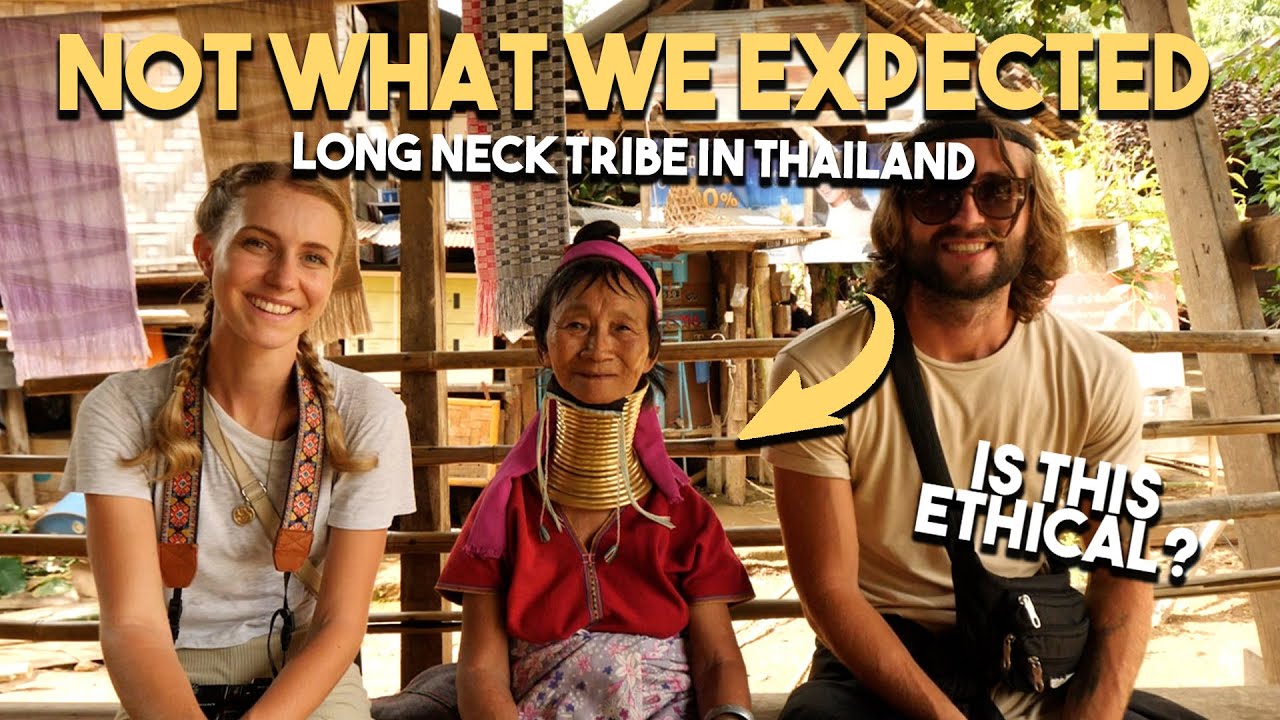Learning by Living Together-Ethnographic Fieldwork in the Thai Highlands-
Summary
TLDRThe transcript offers insights into the life of a small ethnic group, the Karen people, who live in a coastal city in Thailand. The speaker reflects on their long-term relationship with the community, studying their way of life through participant observation over several years. The focus is on the unique customs of the Karen, such as their spiritual rituals and community-based care for the elderly, especially in the face of modern challenges like population decline and urban migration. The speaker explores themes of cultural preservation, communal support, and the importance of mutual care in a rapidly changing society.
Takeaways
- 😀 The speaker has been visiting a group of people for 30 years, considering them like family, and reflecting on their well-being.
- 😀 The Karen people, a minority group living around the coastal areas, speak a language completely different from Thai and make up about 0.5% of Thailand's population.
- 😀 These ethnic groups were often seen as obstacles to modernization, facing marginalization and sometimes prejudice, but some admire their close relationship with nature and their efforts to coexist with the forest.
- 😀 The research method used is participatory observation, where the researcher lives among the community, learns their language, and observes their daily lives to write about their culture and traditions.
- 😀 A key part of the research involves staying long-term to understand the annual cycles of agricultural life and to build relationships and trust with the community.
- 😀 The speaker reflects on personal interactions with the people, such as helping families and observing ceremonies, like a ritual performed for protection or to comfort people who are sick or troubled.
- 😀 The rituals and traditions, like the 'Kwei' ceremony, are part of a cultural effort to protect people's souls and bring well-being, and are frequently practiced, especially for children.
- 😀 In recent times, the speaker has focused on studying elder care, especially as younger generations leave rural villages for urban areas, reducing the number of people available to care for the elderly.
- 😀 Even as the population decreases, the elderly are generally cared for in communal settings, where people tend to care for one another naturally, simply by being present together.
- 😀 The culture emphasizes the importance of being together, showing that community bonds and mutual care are integral to the lives of the Karen people, especially as the social structure changes.
Q & A
How long has the person been visiting the community described in the script?
-The person has been visiting the community occasionally for about 30 years.
What is the significance of the community being described in the script?
-The community is made up of a small ethnic group that lives near the sea, and they have a distinct language and culture that differs from the lowland Thai people.
What is the population of the ethnic group discussed in the transcript?
-The population of the ethnic group is approximately 380,000, which is about 0.5% of Thailand's total population.
How were the minority groups, like the one described in the script, perceived in the context of modernization?
-In the context of modernization, these minority groups were sometimes seen as obstacles to integration and were even looked down upon or despised.
What type of research methodology is being used to study this community?
-The researcher is using participant observation, where they live with the community, learn their language, and observe their customs to write an ethnography.
Why is it important to stay for an extended period in the community for research?
-Staying for an extended period, such as one to three years, allows the researcher to understand the seasonal cycles of agriculture and build trust with the community to better observe and record their way of life.
How did the researcher first engage with the community?
-The researcher initially came to the village about 30 years ago when a person from the community was 15 years old, and over time they became part of the family, participating in daily life and rituals.
What is the cultural practice of 'Kirei' mentioned in the transcript?
-The practice of 'Kirei' involves rituals where people pray to protect someone's soul, particularly when they are about to travel or have experienced a bad dream or misfortune.
What is the researcher's current focus in the community?
-The researcher is currently focused on understanding how elderly people are cared for in the community, especially with the decline in the number of children and young people staying in the village.
How is elderly care managed in the community as described in the transcript?
-Elderly care is not formalized but is managed through a system of mutual support. When someone is alone, others might check on them, and in gatherings, care and attention naturally emerge from communal interactions.
Outlines

Esta sección está disponible solo para usuarios con suscripción. Por favor, mejora tu plan para acceder a esta parte.
Mejorar ahoraMindmap

Esta sección está disponible solo para usuarios con suscripción. Por favor, mejora tu plan para acceder a esta parte.
Mejorar ahoraKeywords

Esta sección está disponible solo para usuarios con suscripción. Por favor, mejora tu plan para acceder a esta parte.
Mejorar ahoraHighlights

Esta sección está disponible solo para usuarios con suscripción. Por favor, mejora tu plan para acceder a esta parte.
Mejorar ahoraTranscripts

Esta sección está disponible solo para usuarios con suscripción. Por favor, mejora tu plan para acceder a esta parte.
Mejorar ahoraVer Más Videos Relacionados

Wanita Suku Ini Memanjangkan Leher Agar Terlihat Cantik

Top 5 Unique Culture and People of Southeast Asia

Migrasi Deutro dan Proto Melayu

English file beginner video listening 2B meet the students

Discover the SECRET Life of the Amish (Facts for Kids)

We Visited The Long Neck Karen Tribe NORTHERN THAILAND | NOT WHAT WE EXPECTED
5.0 / 5 (0 votes)
